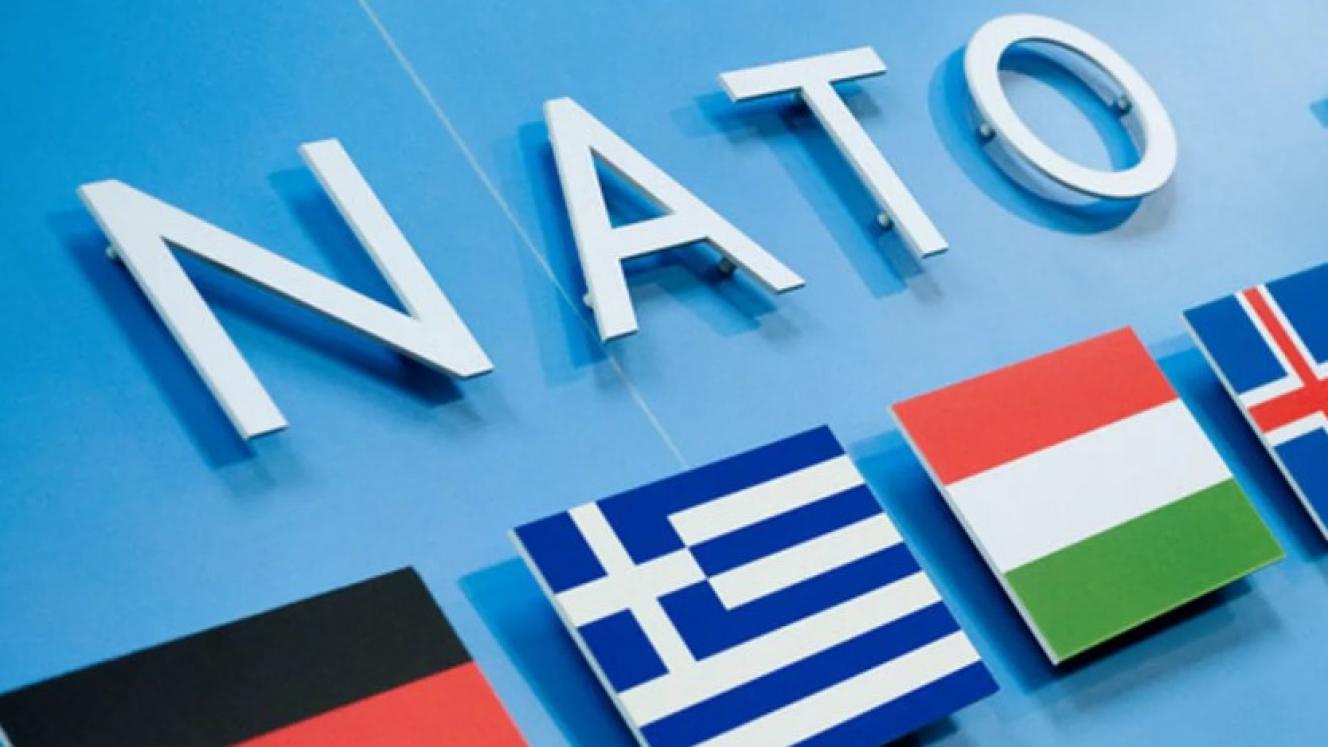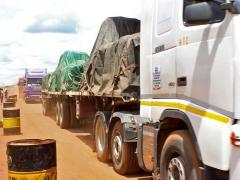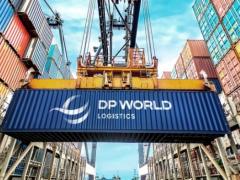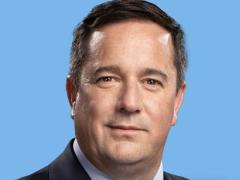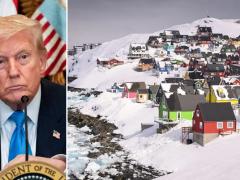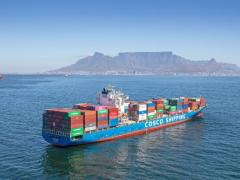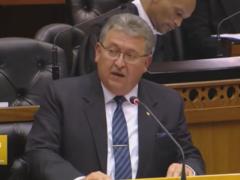Government is following through on its commitment to invest more than a trillion in infrastructure to renew the country’s roads, port, rail, energy and water systems over the next three years.
This is according to President Cyril Ramaphosa, who presented The Presidency Budget Vote for the 2025/2026 financial year in the National Assembly in Parliament on Wednesday.
The Budget Vote focused on the seventh administration’s strategic priorities, including promoting inclusive growth, job creation, tackling poverty and the high cost of living, and building a capable, ethical, and developmental state.
“South Africans benefit when the economy grows, when jobs are created, when established industries expand and new industries emerge.”
He said government was hard at work to boost infrastructure investment to ensure that infrastructure development became the “true flywheel of economic growth”.
Through the Infrastructure Fund, he said government was investing in the roads that linked communities to economic centres and the water projects supplying expanding cities and towns.
“We have amended the regulations for Public Private Partnerships to make it easier for the private sector to invest in infrastructure, ranging from renewable energy generation to housing.
“This infrastructure has a direct impact on people’s lives, providing the services they need, reducing the cost of living, improving the business environment and encouraging economic activity.”
Ramaphosa said the country continued to face high levels of unemployment and economic growth too low to create jobs and reduce poverty. In addition, the country faced the corrosive effects of corruption and pervasive crime.
“It is with these challenges in mind that we formed a Government of National Unity (GNU) to place our country on a path of growth and transformation; a path of peace and prosperity.
“As we established the GNU, we understood that we were embarking on a new era in the life of our democracy. We understood that there would be complex dynamics and novel challenges that we would need to navigate.”
Ramaphosa said the GNU had adopted the Medium-Term Development Plan, which outlined actions to be undertaken over the next five years in pursuit of three strategic priorities.
“Across all ministries, all departments and all national entities, there is a commitment to implement the actions on which we have agreed and to move with urgency and purpose to address the needs of South Africans.
“Most importantly, there is a shared understanding that we need to rise above our differences and to work together to make progress on our most important challenges.”
Ramaphosa said the approach of the GNU was to enhance national cohesion and to build partnerships to advance the common interests of citizens. He said the National Dialogue was being convened in response to calls from individuals and groups across society.
“We are all called upon to use this National Dialogue as an instrument of development, transformation, progress, national cohesion and nation building. The National Dialogue does not displace the democratic processes mandated by our Constitution, nor the electoral mandates that parties carry into Parliament and the Executive.
“Everything that this government does – from trade negotiations to economic reforms, from the professionalisation of the public service to support for farmers and small businesses – is directed towards meeting the needs of South Africa’s people and securing their future.
“Our most important priority is to grow the economy and create jobs.”
He said efforts to improve visa administration, digital payments, tourism, and industrial diversification would unlock growth and investment.
“We are pursuing the Critical Minerals and Metals Strategy recently approved by Cabinet to ensure that the country’s mineral wealth creates jobs and produces value here in South Africa.”
The development of new sectors was also a key focus.
“Our National Policy on the Commercialisation of Hemp and Cannabis aims to improve the livelihoods of people living in rural areas, targeting 10 percent annual growth in this emerging industry,” he said.
Highlighting tourism’s recovery, he said over 9 million international tourists visited South Africa last year, spending more than R90 billion.
Ramaphosa reaffirmed that the Presidency continued to lead implementation of economic reforms through Operation Vulindlela.
He noted the progress made in reducing the severity and frequency of load shedding.
“There was a time when daily load shedding was the norm. Now, it is very much the exception."
He said government was putting in place foundations for a competitive electricity market to unlock massive new investment in energy generation.
"This will result in lower electricity costs for all South Africans and more renewable energy to power our economy.”
He said the country had received international pledges worth R230 billion towards its just energy transition, with investments in transmission, renewables and localised development. – SAnews.gov.za

